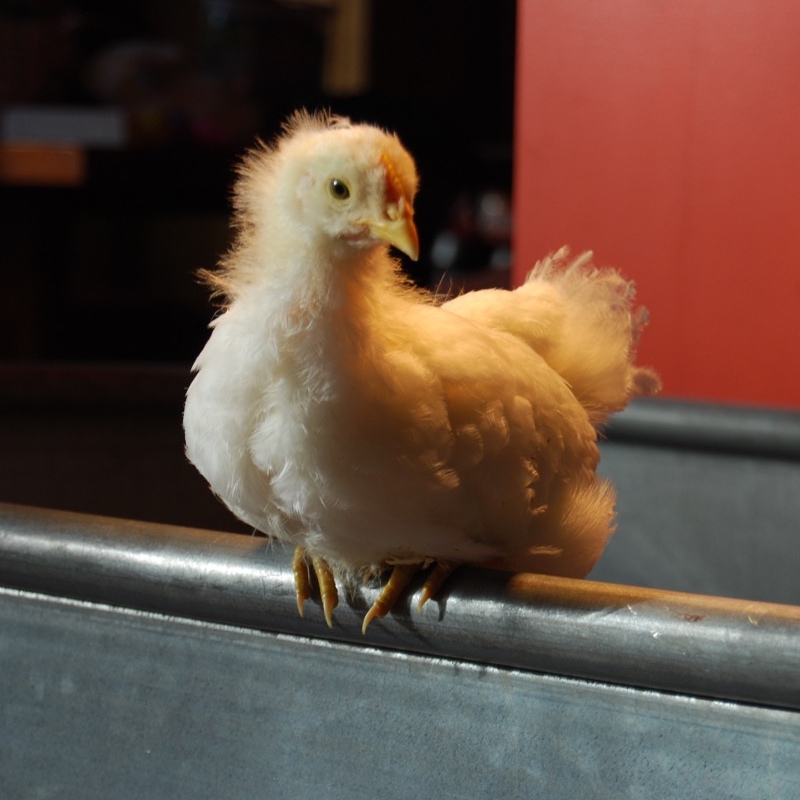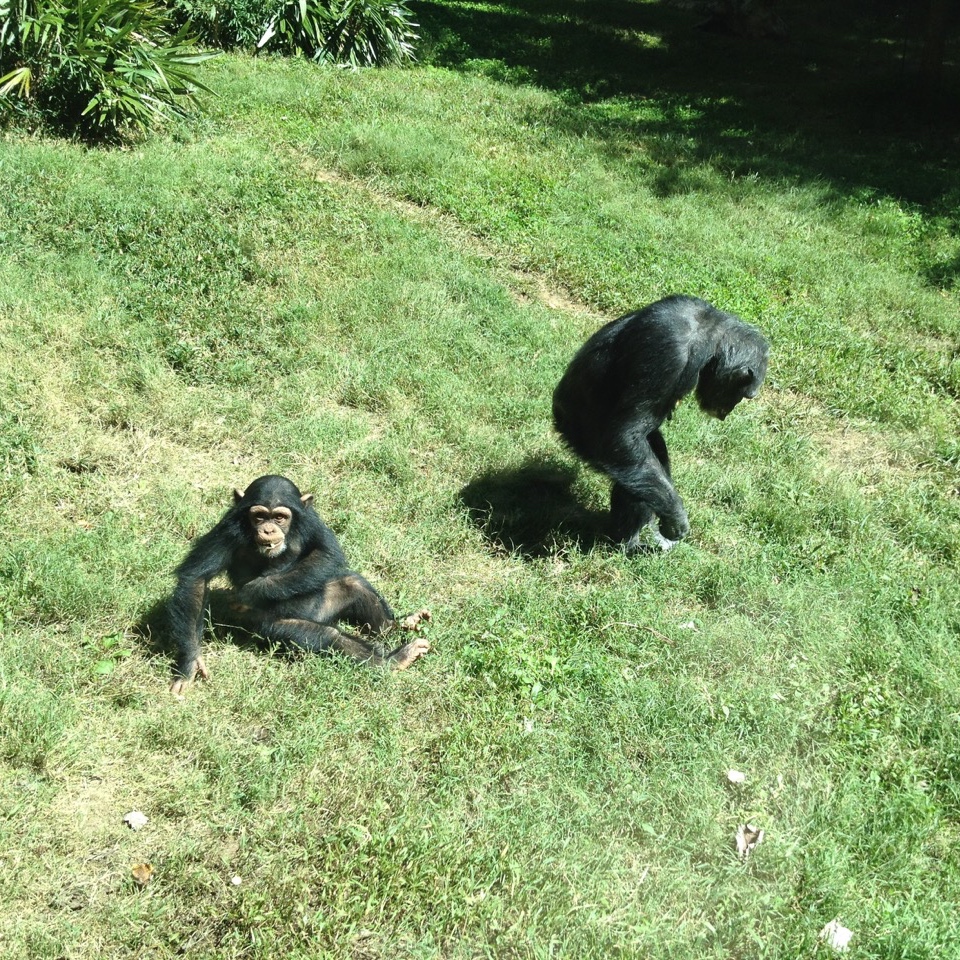 Principal Investigator: Rebecca L. Walker
Principal Investigator: Rebecca L. Walker
The aim of this project is to develop a virtue ethical approach to biomedical animal research science. A virtue ethical approach to animal research has not yet been developed but the promise of this framework in addressing ethical issues arising within the practice of animal research is significant. In addition, philosophers writing on ethical issues in animal research rarely engage with animal researchers or inform their work by considering the practices of animal research as a science, but for any investigation of the moral and intellectual virtues of science, such engagement is crucial.
The literature on virtue ethical approaches to practical moral problems is growing (Walker and Ivanhoe 2009). However, while there is limited literature regarding virtue ethical approaches to our treatment of non-human animals in general (Walker 2009), there is no available developed virtue ethical approach to the use of animals in scientific research. This deficit is not surprising given the relatively recent turn of virtue ethicists to consideration of specific practical moral problems in contemporary society. Yet it needs to be rectified since a virtue ethical approach to animal research promises a key advantage over current philosophical approaches. Current approaches regarding questions of animal rights or expected utility tend to focus on whether or when biomedical research using non-human animals is morally justified. In contrast, a virtue ethical approach to animal research is well suited to address ethical issue internal to the practices of animal research. These practices would specifically address the care and use of animals in a research setting, including the bonds and special obligations of researchers to animal subjects; the science norms of laboratory research as they contribute to the development of specific virtues or vices; and the impact of animal care and use on researcher and animal well being or flourishing.
The second innovative cornerstone of this project is a collaboration with animal researchers to understand, frame, and address the ethical issues internal to biomedical animal research science. With a few notable exceptions, there is little interaction between philosophers working on ethical issues related to animals and those engaged in various practices involving the use and care of animals. This lack of interaction makes sense given philosophers’ focus on questions of general moral justification regarding animal use, however, it is impossible to adequately interpret or address the ethical issues internal to animal research without understanding the culture and practices of laboratory animal science. Examples of questions that tap issues internal to the practices of animal research include:

- Which virtues or vices are most salient in this setting? How are they recognized, understood, and promoted (for virtue) or discouraged (for vice)?
- What aspects of animal use in research generate concerns for human flourishing or promote flourishing?
- How is animal flourishing understood and promoted when animals are engineered for specific types of research?
- To what extent does a virtue ethics approach to the ethical issues internal to animal research fit with the norms and practices of the science of animal research?
